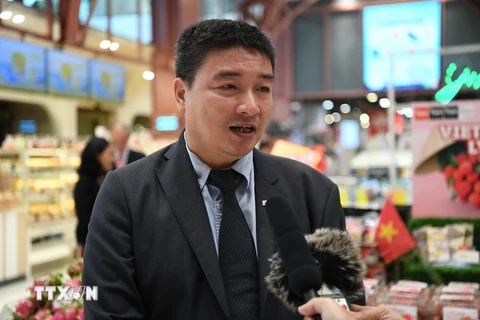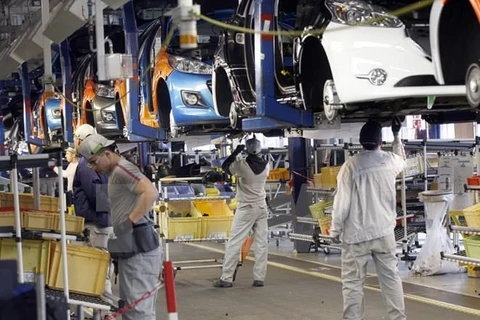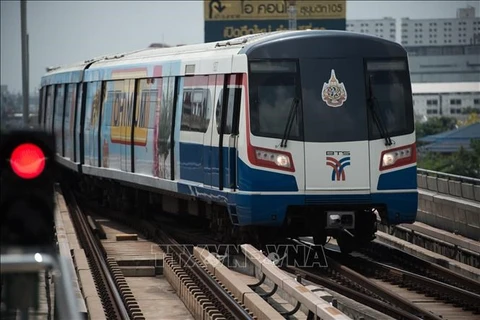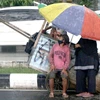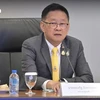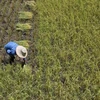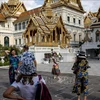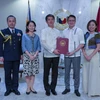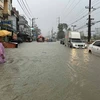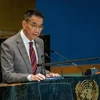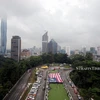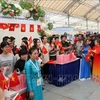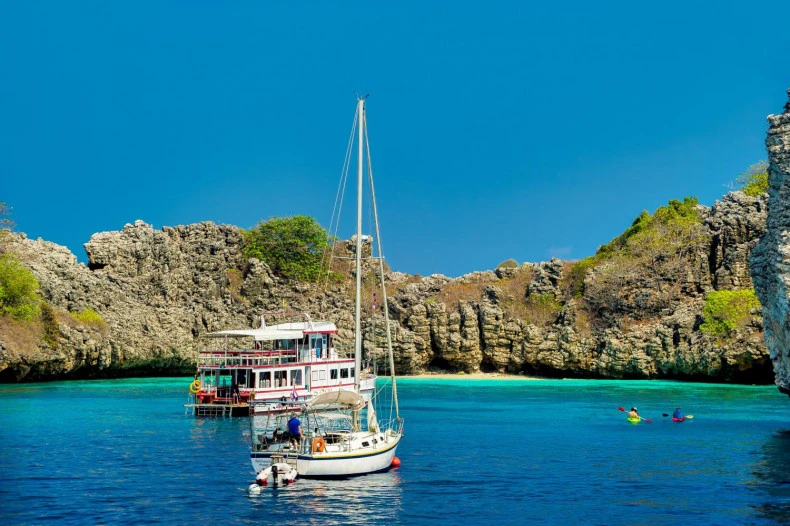
Bangkok (VNA) – Thailand is gearing up to attract more luxury and high-spending travellers in a bid to stimulate post-pandemic expenditure.
According to the Tourism Authority of Thailand (TAT), luxury tourists have annual income of more than 60,000 USD. Most of them are working-age, according to the authority.
A high-spending tourist is defined as spending more than 6,000-7,000 THB per day, compared with the average of 4,200 THB a day for a tourist visiting Thailand, or spending 120,000 THB for the whole trip.
Siripakorn Cheawsamoot, TAT deputy governor for Europe, Africa, the Middle East and the Americas, said these two segments alone are estimated to contribute 40-50% of the 2 trillion THB in tourism revenue generated last year.
This year Thailand has welcomed a large number of luxury travellers from the US and South America, who tend to stay for extended periods.
Short-haul luxury markets include China, Australia and New Zealand, said Siripakorn.
Since the TAT started promoting premium restaurants through the Michelin Guide, more high-spending tourists now enjoy fine dining experiences with their families, said Siripakorn.
Recent trends show tourists are increasingly opting for operators or attractions with sustainable practices, aligning with the growing responsible tourism movement, he said.
The TAT is partnering with US-based luxury travel advisor Virtuoso to attract premium tourists. The agency is also in talks to develop a new city guidebook with Louis Vuitton, aiming at the high-end European market, as the TAT participates in the International Luxury Travel Mart in France annually.
Piyawan Leelasompop, head of corporate marketing at Central Retail Corporation Plc (CRC), said Thailand stands a chance to become a luxury tourism hub in the region thanks to its world-class shopping malls.
CRC has observed consistent growth in luxury goods sales at major department stores.
However, Thailand's performance in this segment still lags competitors Hong Kong (China) and Singapore, which benefit from lower luxury import taxes, he said, adding that the government should consider reducing this tax to attract more foreign tourists and encourage locals to purchase luxury products here, rather than travelling abroad.
Bill Barnett, managing director of C9 Hotelworks, a hospitality consultancy based in Phuket, said the potential of luxury travel in Thailand could grow by relying on the robust wellness industry.
In 2022, Thailand's wellness economy ranked 24th globally, with a total market value of 1.2 trillion THB, of which 22.4% derived from wellness tourism.
Barnett said wellness hotels generally charge higher room rates and book longer stays, attracting high-spending tourists.
Siripakorn said Thailand still needs to improve tourism infrastructure to enhance the luxury travel experience, including better safety, cleanliness, and third-language skills of workers./.
